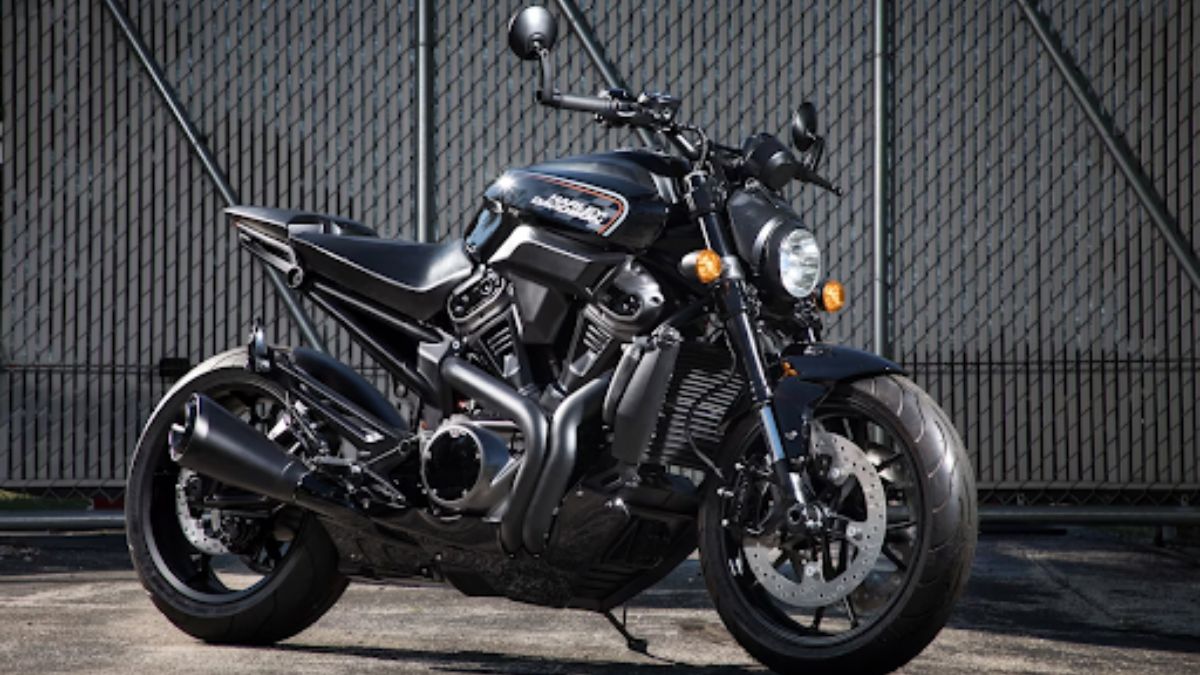In the automotive industry, car mirror manufacturers play a crucial role in producing high-quality mirrors that balance durability and design. The materials and construction methods used significantly impact the longevity and performance of car mirrors. In this article, we will explore different mirror materials and construction techniques employed by car mirror factory, highlighting the importance of finding the right balance between durability and design.
Glass Mirrors: Traditional and Time-Tested
Glass mirrors have been the go-to choice for car mirrors for decades. They provide clear and distortion-free reflections, allowing drivers to have a precise view of their surroundings. Glass mirrors are made using a silvering process, where a thin layer of reflective material, usually silver, is applied to the back of a glass sheet. This process ensures durability and resistance to weather conditions. However, glass mirrors can be prone to shattering upon impact, making them less suitable for off-road or extreme driving conditions.
Convex Mirrors: Enhancing Rearward Visibility
Convex mirrors, also known as wide-angle or fish-eye mirrors, are designed to provide a wider field of view compared to flat mirrors. They are often used as side-view mirrors to minimize blind spots and enhance rearward visibility. Convex mirrors are constructed using glass or plastic, and they utilize a curved surface to distort the reflected image slightly. While convex mirrors offer improved visibility, they may introduce some distortion and reduce the accuracy of judging distances.
Plastic Mirrors: Lightweight and Impact Resistant
Plastic mirrors, made from materials like polycarbonate or acrylic, are gaining popularity in the automotive industry. These mirrors offer several advantages, including lightweight construction, impact resistance, and flexibility. Plastic mirrors are less prone to shattering upon impact, making them an excellent choice for off-road or rugged driving conditions. However, plastic mirrors may scratch more easily than glass mirrors, requiring extra care during cleaning and maintenance.
Mirror Housing: Ensuring Protection and Style
The construction of the mirror housing is just as important as the mirror itself. Car mirror factories focus on creating durable and stylish housing designs that protect the mirror and enhance the overall aesthetics of the vehicle. Common materials used for mirror housing include plastic, aluminum, and metal alloys. Plastic housing is lightweight and cost-effective, while aluminum and metal alloys provide higher durability and resistance to harsh weather conditions. The choice of mirror housing material depends on factors such as the vehicle’s design, functionality requirements, and budget considerations.
Mirror Adjustability: Improving Driver Comfort
Mirror adjustability is an essential feature that allows drivers to customize their view and ensure maximum comfort and visibility. Car mirror factories use various mechanisms to facilitate mirror adjustment, such as manual controls, power controls, or even automatic adjustment systems. Manual controls offer simplicity and reliability, while power controls allow drivers to adjust mirrors with the push of a button. Some advanced systems even offer automatic mirror adjustment based on driver preferences or driving conditions.
Conclusion
The durability and design of car mirrors are crucial factors that car mirror factories consider during the manufacturing process. Whether it’s the timeless glass mirrors, the wide-angle convex mirrors, the lightweight plastic mirrors, or the durable and stylish mirror housing, each component contributes to the overall functionality and aesthetics of the mirrors. Balancing durability and design ensures that drivers have clear and reliable reflections while also adding a touch of style to their vehicles. When selecting car mirrors, it’s important to consider factors like the driving conditions, visibility requirements, and personal preferences. Car mirror factories play a vital role in producing mirrors that meet these needs, providing drivers with reliable, durable, and visually appealing mirrors to enhance the overall driving experience.











